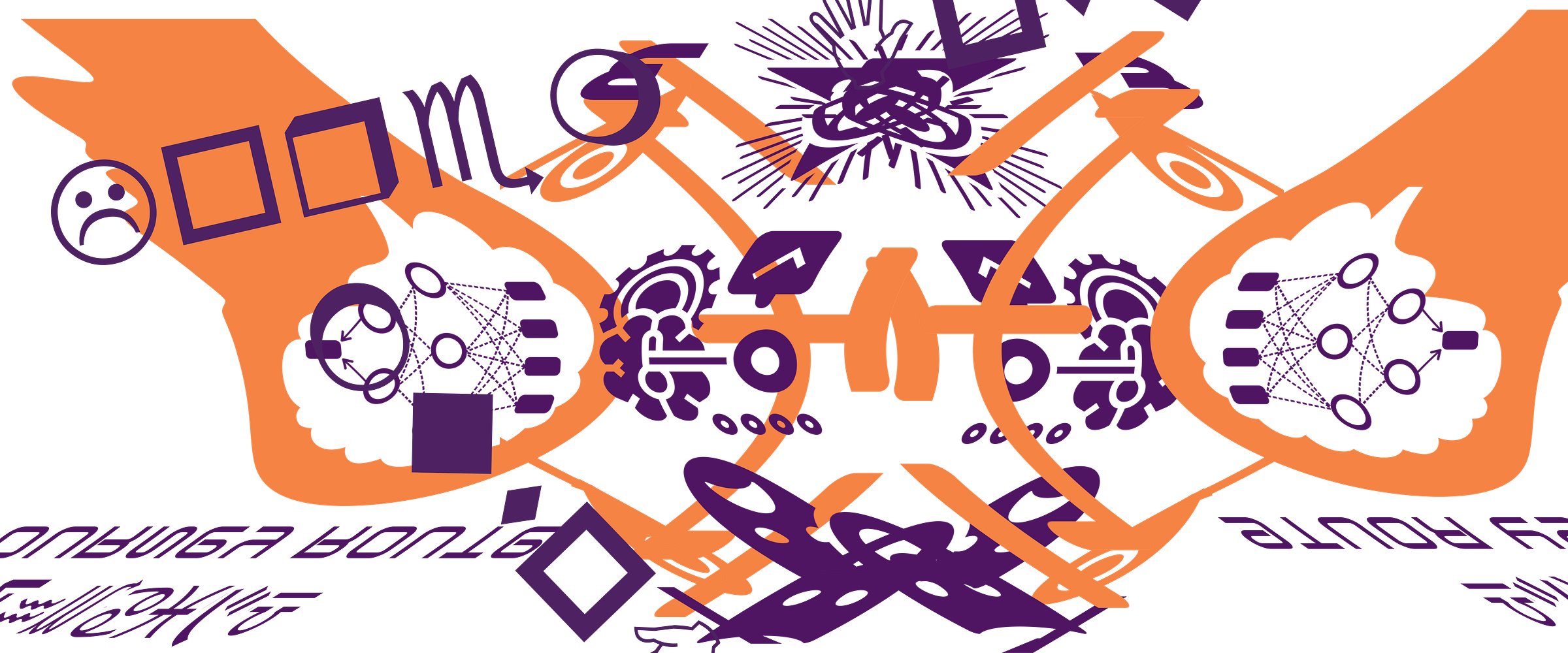Issue 3.7: The Internet of Minds?
A Psychological, Spiritual, and Narrative Analysis of the Collective Unconscious in Video Games
Game & Word Volume 3, Issue 7: Sunday, Jun. 26, 2022

Publisher: Jay Rooney
Author, Graphics, Research: Jay Rooney
Logo: Jarnest Media
Founding Members:
Le_Takas, from Luzern, Switzerland (Member since April 14, 2022)
Ela F., from San Diego, CA (Member since April 24, 2022)
Alexi F., from Chicago, IL (Member since May 13, 2022)
Elvira O., from Mexico City, Mexico (Member since May 18, 2022)
Your name can be on the masthead, too! Simply upgrade your subscription to a Founding Membership:
Special Thanks:
YOU, for reading this issue.
Table of Contents
Summary & Housekeeping
Feature: “The Internet of Minds?” (~24 minute read)
Food for Talk: Discussion Prompts
Further Reading
Game & Word-of-Mouth
Footnotes
Summary:
Today, we’ll go as deep as we can possible go in our minds: the collective unconscious. Specifically, how Psychonauts, Control, and the Persona series portrays this fascinating, archetypal concept.
Housekeeping:
FRIENDLY REMINDER: Gmail users, you might see a truncated version of this message. If this happens to you, just click the “View entire message” link next to where it says “[Message clipped]” to read the rest.
Previous Issues:
Volume 1 (The Name of the Game): Issue 1 ● Issue 2 ● Issue 3 ● Issue 4
Volume 2 (Yo Ho Ho, It’s a Gamer’s Life for Me): Issue 1 ● Issue 2 ● Issue 3 ● Bonus 1 ● Issue 4 ● Issue 5 ● Issue 6 ● Issue 7 ● Bonus 2 ● Issue 8 ● Bonus 3
Volume 3 (Game Over Matter): Intro ● Issue 1 ● Issue 2 ● Issue 3 ● Podcast 1 ● Issue 4 ● Video Podcast 1 ● Bonus 1 ● Issue 5 ● Podcast 2 ● Issue 6
Game & Word is a reader-supported publication. To support my work and keep this newsletter free and available to all, consider becoming a free or paid subscriber:
Or, you could help offset my caffeine costs by chipping in for the price of a cup of joe:
Feature: The Internet of Minds?
🚨🚨🚨 SPOILER ALERT 🚨🚨🚨
This post contains HUGE spoilers for Control and several entries in the Persona series. You've been warned!

The Collective Unconscious: Instinct, or Spirit?
“You can't understand the mind's true form without knowing and respecting the unconscious.” ~Mr. Edogawa, Persona 4
Welcome back to the unfamiliar familiar. Last week, we touched on two different interpretations of the collective unconscious:
As a more mysterious-sounding name for the more primal parts of our brains, which operate purely on instinct with no (or minimal) conscious input;
As an “internet of minds,” through which every living mind is connected to both each other, and perhaps to the very essence of existence.
Although the scientific grounds on which the “internet of minds” interpretation of the collective unconscious rests are rather… shaky, it finds itself on a much more solid footing when viewed through a spiritual, philosophical, or metaphysical lens.
After all, the interconnectedness of not just human beings to each other, but to all life on the planet (and possibly beyond), is central to practically every major religion, from the Abrahamic “Big 3” (Judaism, Christianity, and Islam), all the way back to the shamanic animism of our neolithic forbears.
And sneer all you want at the empirical unprovability of the spiritual realm—or the “astral plane,” if you will—but you can’t deny that our history shows it is an inextricable part of our collective existence. As such, it merits our attention, understanding, and consideration—we write it off (along with whatever wisdom it can convey) at our own peril.
And the astral plane is very much archetypal. Some form of extra-dimensional spirit realm appears in the cosmologies of practically every major religion (and not-so-major, as well). In the East, we’ve got Jainism, Buddhism, and Hinduism. And even in the West, the mystical strands of Abrahamic monotheism (Kabbalah, Sufism, and Gnosticism for Judaism, Islam, and Christianity, respectively) leave no room for doubt.
But well and good as that may be, what would a Kabbalist, Sufi dervish, or Tibetan monk have to say about the collective unconscious?
Turns out, there’s an archetypal universality to that concept, as well!






